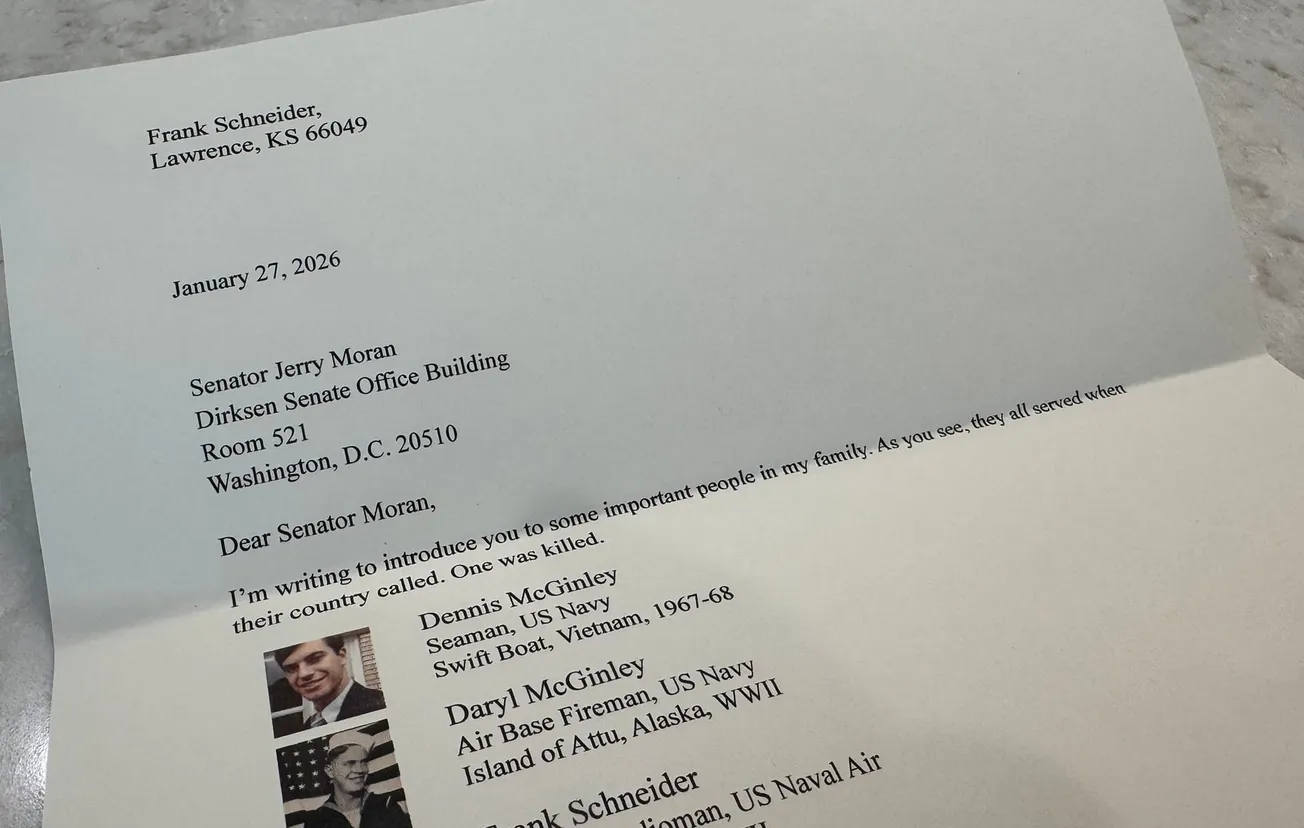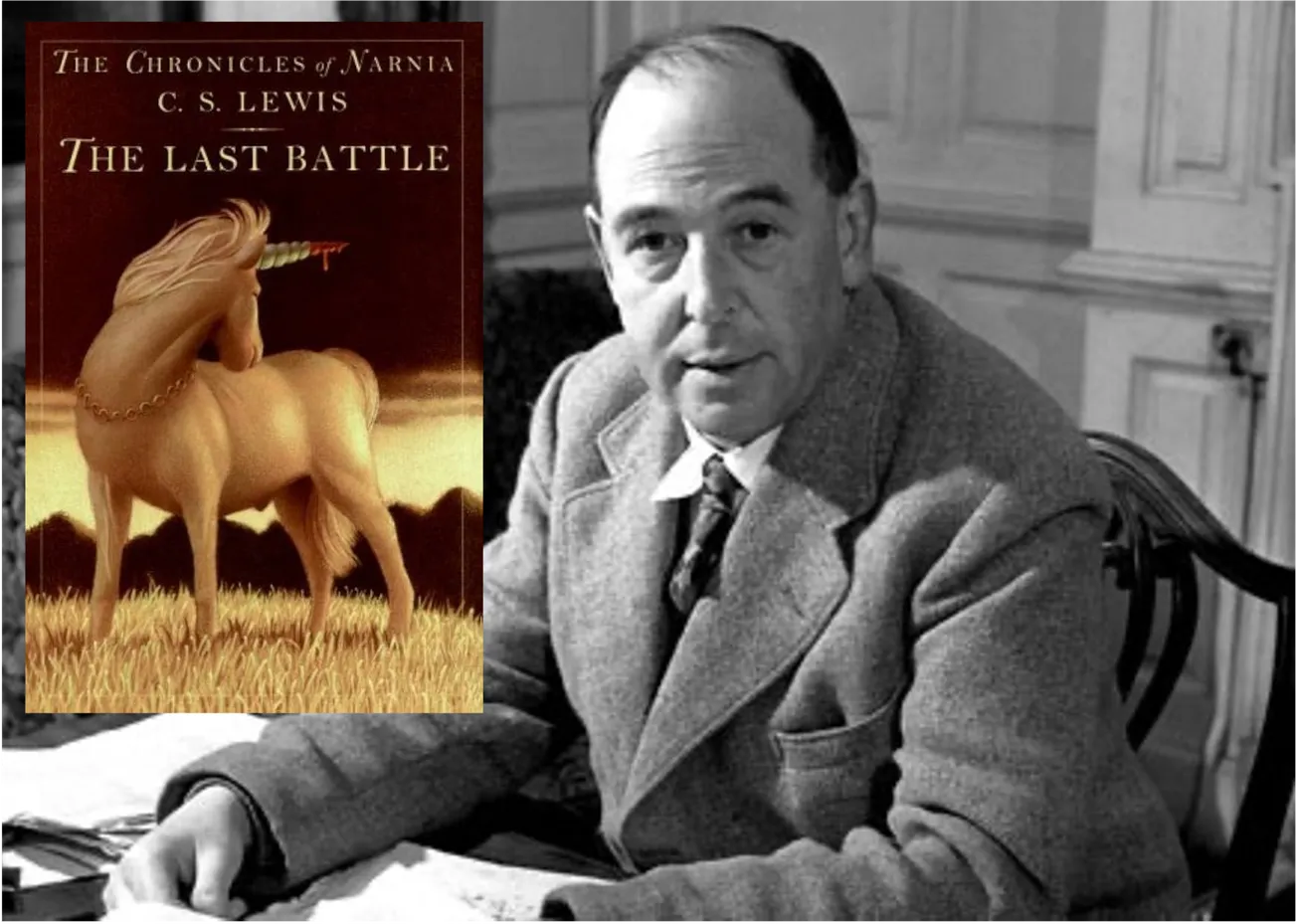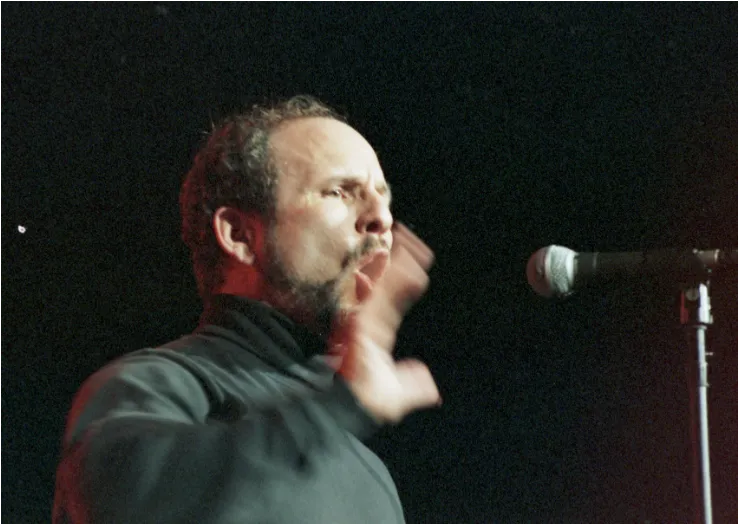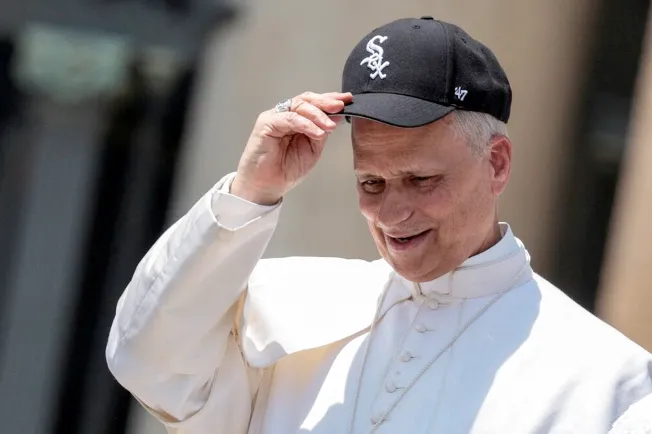Table of Contents
In a part of my last post I touched on the issue of prayer in public schools, and said in so many words, I wish Evangelicals would just let this go. I mentioned a new Texas law requiring the Ten Commandments to be displayed in every public-school classroom, and I asked rhetorically, don’t they know that religion thrives in America precisely because it’s not state sponsored? The Texas Legislature did not bother to consult me. Nor did fifteen other states tinkering with similar laws.
This religious meddling has been going on for a long time. It was a 1925 Tennessee law that got high school teacher John Scopes in trouble. In the famous “Monkey Trial,” Scopes was accused of teaching evolution in contradiction of the state-mandated biblical creation story. Scopes lost. Since then, though, it’s been mostly a rear-guard action for Christian conservatives, legally speaking. In the hundred years since Scopes, the Supreme Court has mostly ruled against them in their quest to insinuate religion into government. (See list of prominent cases below.)
The sad people who agitate for and pass these prayerful laws contend that America has always been a Christian nation, and that the founders would have no problem with prayer in public education, or indeed in any institution of government.
But they overlook this. The founders were not all Christians in the sense modern Evangelicals mean. It’s true they all were raised in a Christian culture. But they were not in universal agreement even over such fundamentals as to whether Jesus was divine, not a small distinction. Several were Deists and did not believe in a personal God, at all. This included Franklin, Jefferson and Madison, who one must say were important at the time. At the far extreme, Thomas Paine was not only not a Christian, but he despised Christianity, as any reader of The Age of Reason would know.
But for the sake of argument, let’s say that conservative Evangelicals are correct, that the founders were Christians who actively practiced their faith and would approve of religious education in the public school system. Then you have to ask, why didn’t the founders just write that down? Because the words “Christ,” “Christian” or “Jesus” do not appear in any of the founding documents, not the Declaration, nor the Constitution, nor the Federalist Papers. The closest they come are references to “Nature’s God,” a “Creator,” and “Divine Providence,” phrases to which even your average Zoroastrian would approve.
It's more than a small oversight, isn’t it, that although they intended to found a Christian nation, they forgot and wrote the First Amendment, instead? No, the founders, deliberately, did not write into our Constitution any endorsement of any religion, including Christianity. It’s just not there and cannot be fabricated or rationalized.
Understand, I’m not anti-religion or anti-Christian. In fact, I belong to a very large Christian church based in Rome. Insofar as religious education is concerned, my church learned more than two centuries ago that in the United States, if you want your children to pray in school, you will need your own school. In mine we prayed at the start of every day and at lunch. There was a religion class pretty much every day, too. Presumably conservative Evangelicals, if they had their way, would introduce a similar routine into the public schools.
They can’t, but may I offer this workaround? If they absolutely insist that their children pray in school, then they can do what my parents did. Pay for it.
SELECTED ESTABLISHMENT CLAUSE CASES
In 1947, the Supreme Court laid down the clearest and most comprehensive view of the First Amendment establishment clause in Everson v. Board of Education. It’s worth the read because it's foundational to establishment clause law and, you know, in case it comes up in polite conversation.
The 'establishment of religion' clause of the First Amendment means at least this: neither a state nor the Federal Government can set up a church. Neither can pass laws which aid one religion, aid all religions, or prefer one religion over another. Neither can force nor influence a person to go to or to remain away from church against his will or force him to profess a belief or disbelief in any religion. No person can be punished for entertaining or professing religious beliefs or disbeliefs, for church attendance or non-attendance. No tax in any amount, large or small, can be levied to support any religious activities or institutions, whatever they may be called, or whatever form they may adopt to teach or practice religion. Neither a state nor the Federal Government can, openly or secretly, participate in the affairs of any religious organizations or groups, and vice versa. In the words of Jefferson, the clause against establishment of religion by law was intended to erect 'a wall of separation’ between church and State.
1948. Religious groups may not give religious instruction in tax-supported public school buildings. McCollum v. Board of Education
1962. “It is no part of the business of government to compose official prayers for any group of the American people to recite as a part of a religious program carried on by government." Engel v. Vitale
1963. Reading and reciting bible verses, even without comment, “possesses a devotional and religious character and constitutes, in effect, a religious observance.” Abington School District v. Schemp.
1971. The Lemon Test. A law or practice meets the requirements of the Establishment Clause if it 1) serves a legitimate secular purpose; 2) does not have the primary effect of either advancing or inhibiting religion; and 3) does not result in an excessive entanglement of government and religion. Lemon v. Kurtzman.
1980 The State of Kentucky cannot post the Ten Commandments in public schools, even if purchased with private contributions. Stone v. Graham, 449 U.S. 39
1985. The State of Alabama my not authorize a moment of silence for “meditation and voluntary prayer” if the statute is “entirely motivated by a purpose to advance religion.” Wallace v. Jaffrey
1992. The Establishment Clause does not permit a prayer led by clergy during a high school graduation. Lee v. Weisman.
2000. Schools may not permit or authorize student led or initiated prayer at high school football games. Santa Fe Independent School District v. Doe
2022. A high school football coach may engage in private prayer after a game because his official duties are completed and he is no longer acting as an agent of the school. Kennedy v. Bremerton School District. Note: Kennedy is a win for Evangelicals as it weakens the "Lemon Test" to include consideration of “historical practices and understandings.”







